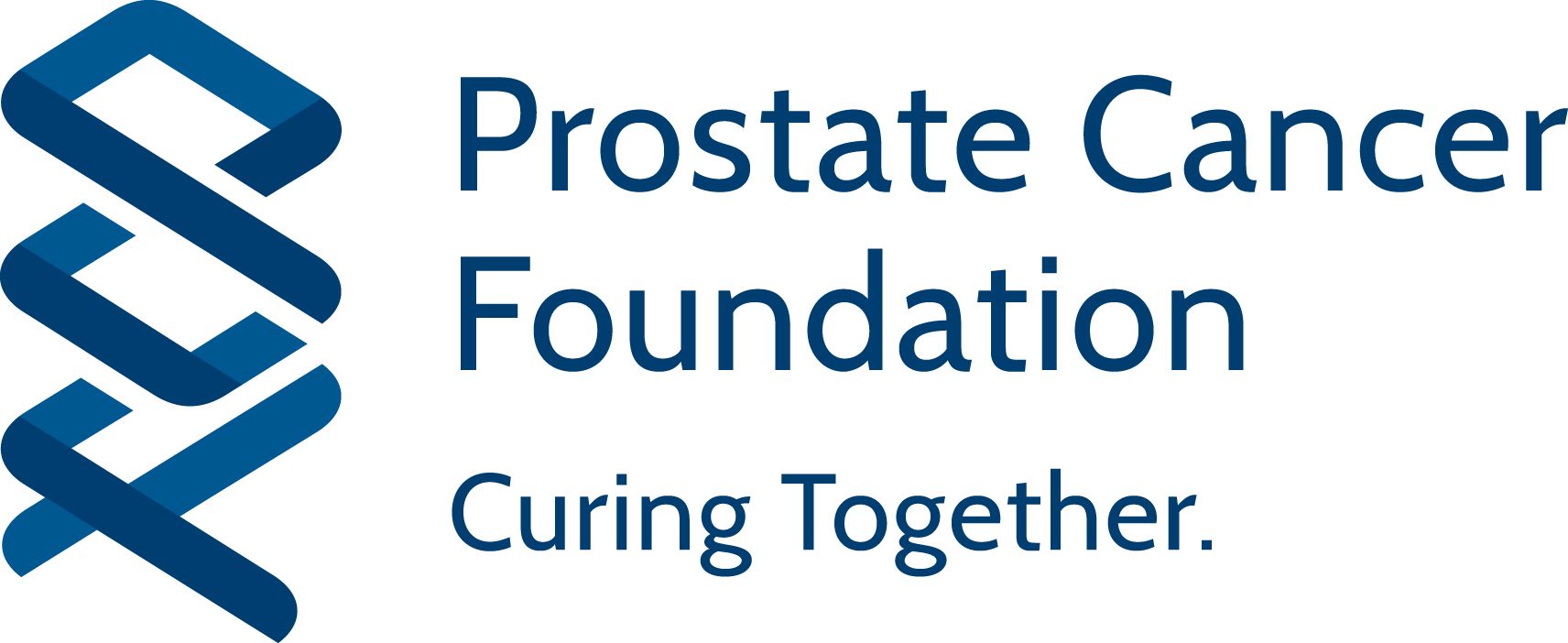
Prostate Cancer Foundation Announces New Patient Resources

Thousands of men who will be diagnosed with prostate cancer this year alone now have a wealth of new and updated resources to ensure they make the best treatment choices they can.
Prostate cancer is the second most common cancer among men, next to skin cancer. According to cancer.net, an estimated 174,650 men in the United States alone will be diagnosed with prostate cancer this year.
But thanks to the
In an interview with CURE, Christine Jones, the PCF’s chief operating officer, went into greater detail about the new resources offered by her organization that were released earlier this month, beginning with a newly updated “
“PCF has funded almost every practice changing development in prostate cancer for the past 25 years,” Jones began. “We work with and fund researchers around the world who are discovering new ways to address prostate cancer and advances are being made almost on a daily basis. Doctors at academic institutions can’t always keep up, much less practitioners at community urology and oncology practices.”
Because progress happens so quickly, the PCF created the patient guide to ensure that the latest information makes its way into the hands of patients, doctors and families in a timely manner. Written in easy to understand language and updated twice a year, this guide serves as a source of information that is not only helpful, but backed by science, according to Jones.
“Practicing physician-scientists at major academic medical centers review the entire guide to help ensure the content is accurate,” she explained, adding that it is with the ultimate goal of educating patients. “Having the latest validated medical information about breakthroughs, researchers, treatments, etc. allows patients to become better directors of their care.”
In the latest update to the guide, Jones noted a few highlights based on patient feedback, including expanded information on erectile dysfunction.
“The guide doesn’t gloss over the fact that (erectile dysfunction) is a common problem, providing data from scientific studies about the likelihood of experiencing (erectile dysfunction) after surgery or radiation, as well as the timeframe of possible improvement,” said Jones. “We’ve also added information on cutting-edge treatments in development as well as a section that puts (erectile dysfunction) into perspective for men as a side effect rather than a disease.”
Additionally, the guide expands on new treatment options for those with advanced disease, Jones explained. “Another update in the 2019 guide describes two new (Food and Drug Administration)-approved drugs for non-metastatic castration-resistant prostate cancer.”
In addition to the updated patient guide, the PCF also released a new resource aimed at an underserved population that is more likely to be diagnosed and die from the disease: “Additional Facts for African-American Men and Their Families.”
“
In tandem with these resources, the PCF has also launched a clinical trial finder to make it as easy as possible for patients to understand all of their options by searching for clinical trials based on their disease state, stage and their geographical location.
“Because clinical trials are now considered an additional option in treatment,” Jones explained, “our hope is that patients will more easily find clinical trials that they may be eligible for, which they can discuss with their doctors.”
Lastly, the PCF announced a new collaboration with award-winning science writer Janet Farrar Worthington, whose series of articles about prostate cancer help readers access science-heavy information on a “more human level.”
Given all of these new updates, Jones is hopeful about the future of prostate cancer.
“We’d like patients to know that there is hope — backed by science!” she said. “In the past 25 years, since the founding of the Prostate Cancer Foundation, the death rate has dropped by over 50%. And now because of our understanding of the human genome and how it relates to prostate cancer, new precision treatments are being developed at a pace never seen before.”
“The only thing standing between us and the next cure is funding — we have teams of scientists with truly remarkable projects ready to start and we are working hard on our end to raise the money to fund the studies.”




